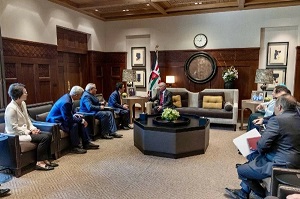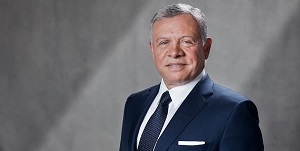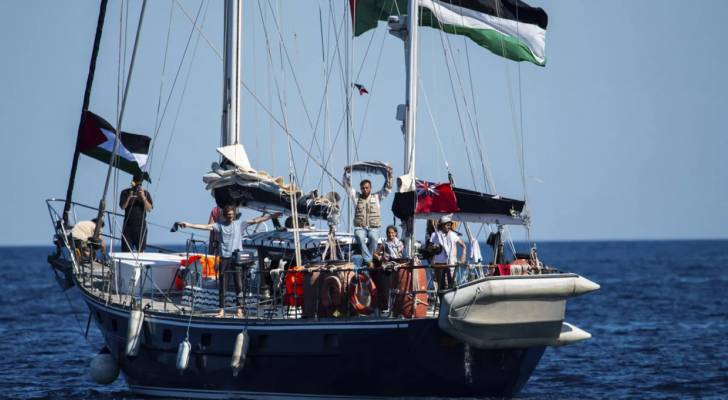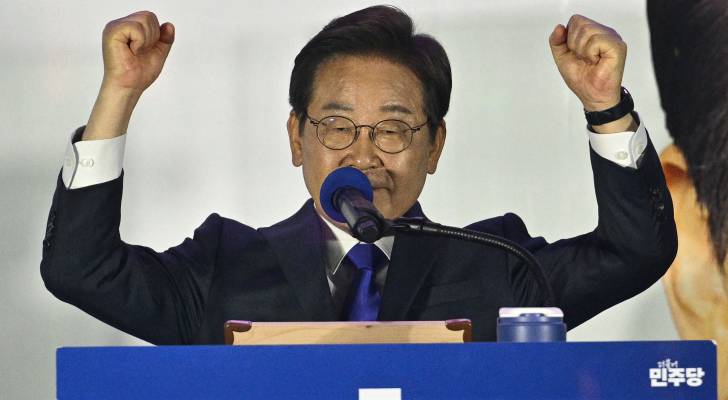UK endorses Moroccan sovereignty proposal in Western Sahara dispute
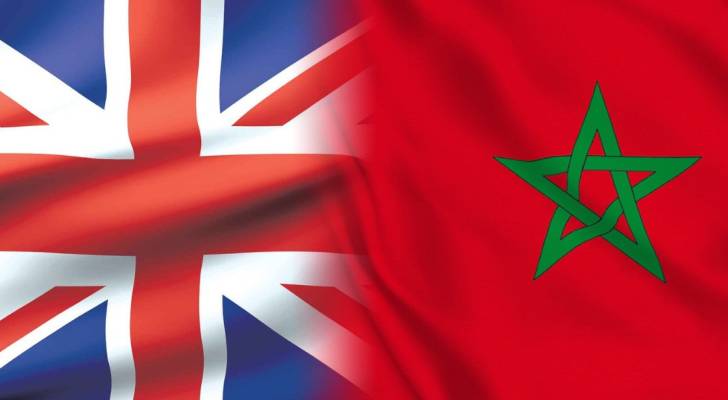
Roya News
During an official visit to the Moroccan capital on Sunday, UK Foreign Secretary David Lammy described the 2007 autonomy plan put forward by Morocco as “the most credible, viable and pragmatic basis” to resolve the decades-long conflict. His remarks mark a significant recalibration of British policy, which had previously maintained that the final status of Western Sahara remained “undetermined,” while calling for the “self-determination” of the territory’s population.
The endorsement aligns the UK more closely with allies such as the US, France, and Spain—each of which has, in recent years, expressed support for Rabat’s proposal. The plan envisions Western Sahara remaining under Moroccan sovereignty, but with limited self-governance.
“The UK will continue to act bilaterally, including economically, regionally and internationally in line with this position to support the resolution of the conflict,” Lammy said following talks with Moroccan Foreign Minister Nasser Bourita.
Western Sahara, a sparsely populated region of roughly 600,000 people in northwestern Africa, has been the subject of competing claims since 1975, when colonial power Spain withdrew. Morocco now controls the majority of the territory, while the Polisario Front—backed by neighboring Algeria—holds eastern parts and insists on full independence.
A UN-mediated ceasefire in 1991 promised a referendum to determine the region’s future, but the vote has never taken place. Talks have since stalled, and in 2020, the Polisario declared the truce over after accusing Morocco of violating its terms.
Algeria has repeatedly criticized Morocco’s proposal and denounced foreign backing of the plan, particularly from the United States, which recognized Moroccan sovereignty over Western Sahara during the Trump administration in 2020.
For its part, Rabat welcomed London’s new stance. Bourita hailed the announcement as part of “a momentum to speed up the solution of the conflict,” and noted that discussions were underway regarding British investments in the region.
The two countries also signed a series of agreements spanning sectors such as healthcare, innovation, port development, water infrastructure, and procurement. Lammy added that the strengthened ties would allow “British businesses to score big on football’s biggest stage,” referencing Morocco’s role as co-host of the 2030 FIFA World Cup alongside Spain and Portugal.
Despite this wave of support for Morocco’s autonomy plan, the United Nations continues to advocate for a negotiated settlement that ensures the people of Western Sahara can freely choose their political future—whether that means integration with Morocco or full independence.
